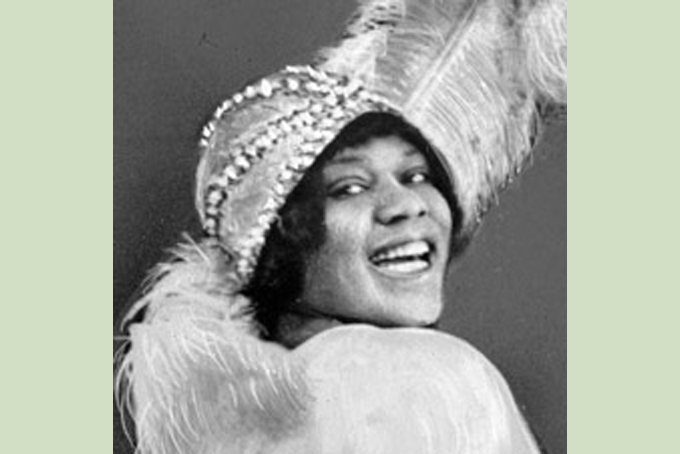
Week of Sept. 24-30
September 24
1957—President Dwight Eisenhower orders federal troops into Little Rock, Ark., to prevent angry Whites from interfering with the integration of the city’s Central High School by nine Black students. The confrontation was one of the most dramatic during the early days of the Civil Rights Movement. Governor Orval Faubus had vowed to go to jail to block the court ordered desegregation of the school claiming that Whites would be destroyed if they integrated with Blacks. But the confrontation settled the issue of whether states had to obey orders issued by federal courts.

1965—President Lyndon Johnson issues what is generally considered the nation’s first affirmative action order—Executive Order #11246. It required companies receiving federal construction contracts to ensure equality in the hiring of minorities. Despite a disastrous war in Vietnam that would eventually force his resignation, the Southern-born Johnson generally supported a host of legislative and executive efforts beneficial to Blacks.
September 25
1861—The Secretary of the Navy authorizes the enlistment of free Blacks and slaves as Union sailors in a bid to help the North win the Civil War against pro-slavery Southern Whites who had proven more difficult in battle than the North had originally expected.
1962—In another one of those instances demonstrating the tenacity of racism among Southern Whites, Mississippi Gov. Ross Barnett defies a federal court order and personally stands in the door to block the admittance of a Black student—James Meredith—to the University of Mississippi. Meredith would eventually be admitted and graduate. Historians now generally believe Ross’ “show” was primarily designed to curry favor among White voters not actually to stop desegregation of the then-all-White university.